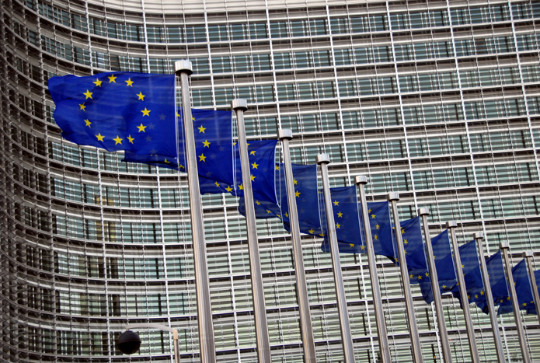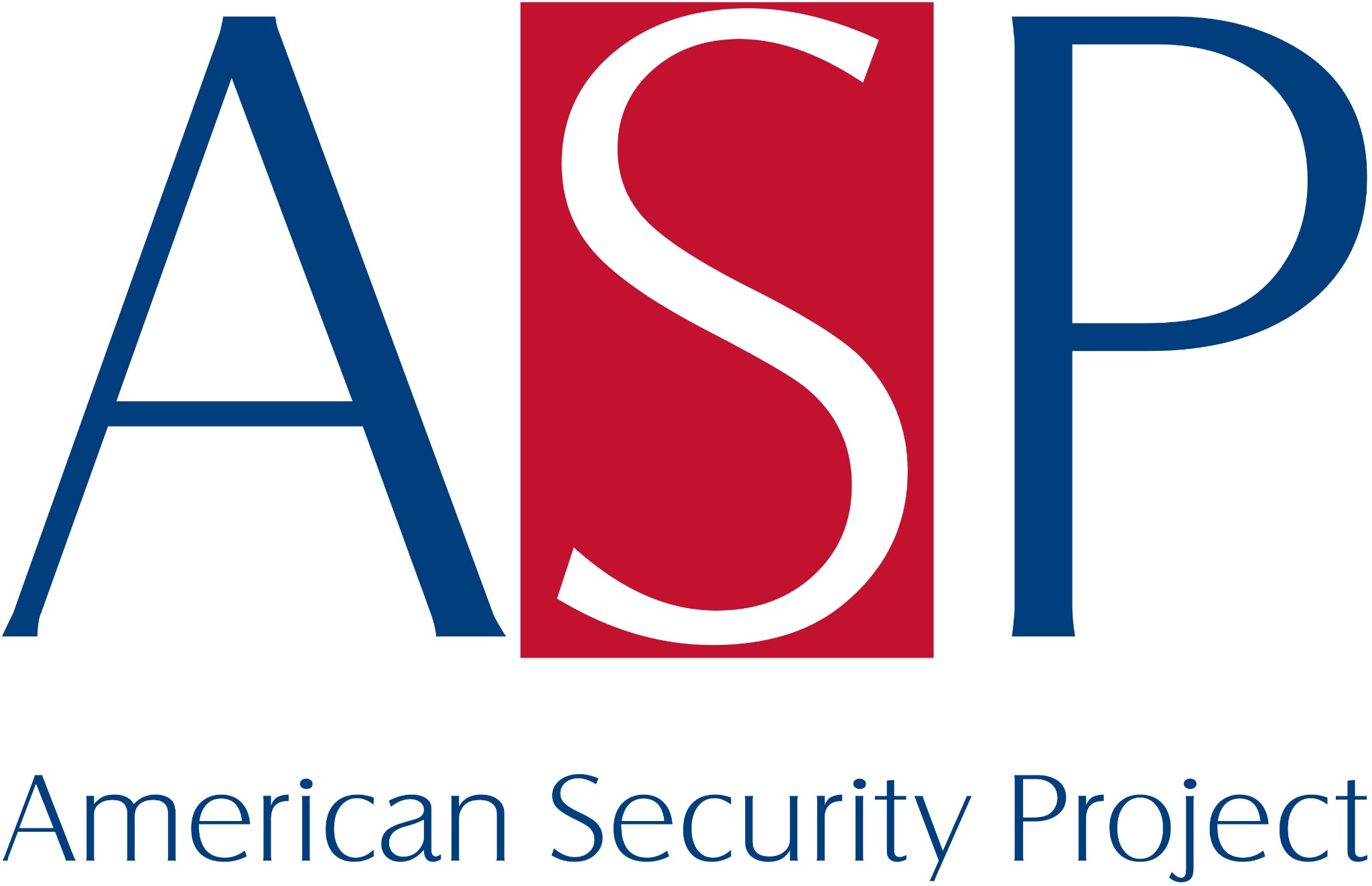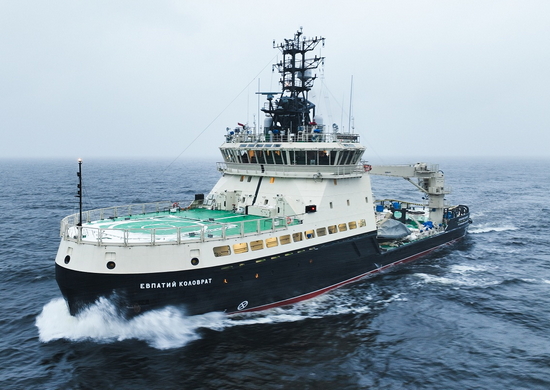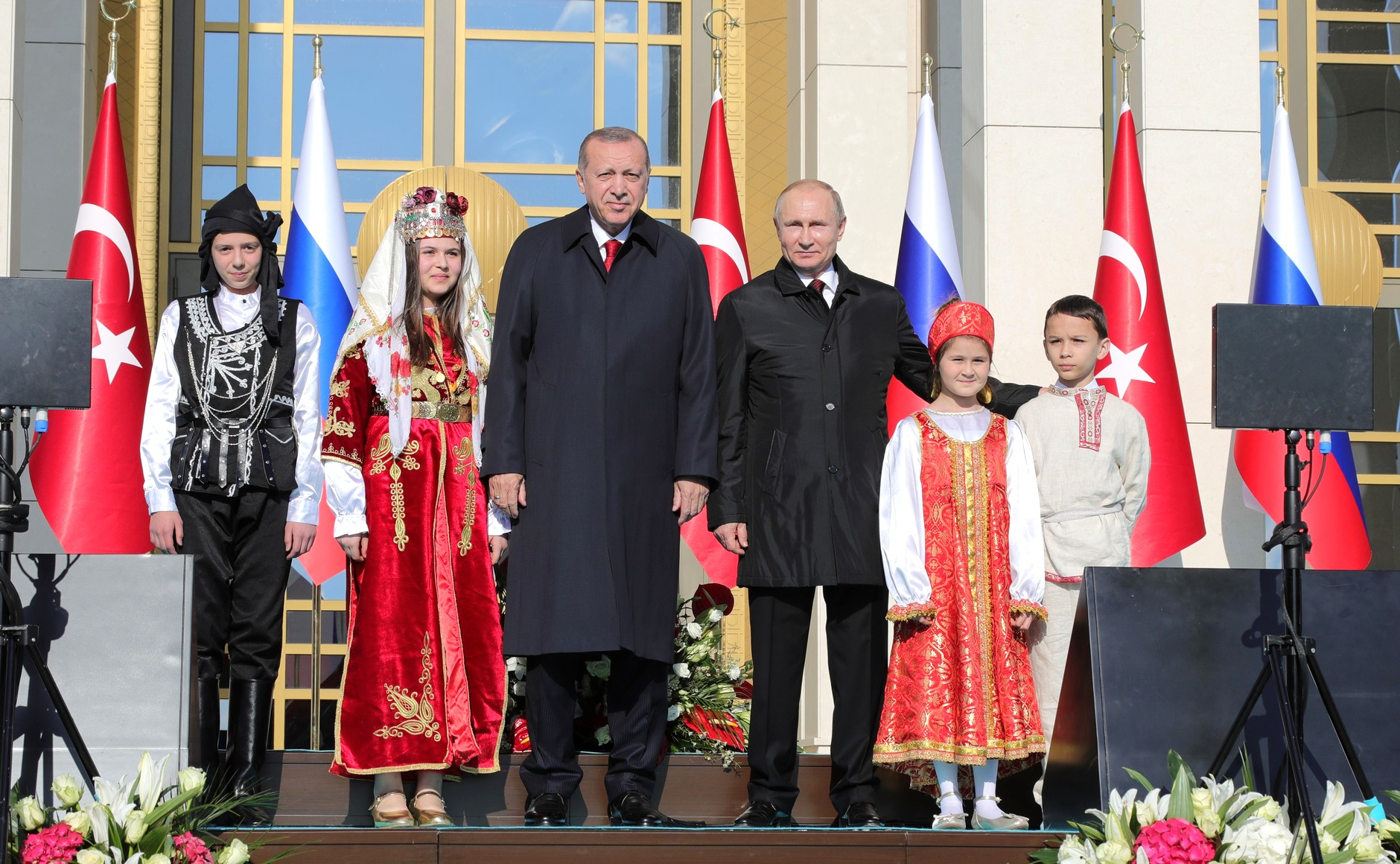Chinese dominance over the refinement of rare earth elements puts U.S. national security and economic interests at risk due to over-reliance. These materials are crucial to the production of magnets, batteries, and other products, all of which are used in the defense, energy, and technology sectors. The United States should prioritize diversification to avoid possible supply chain disruptions from political tensions.Read more...
















